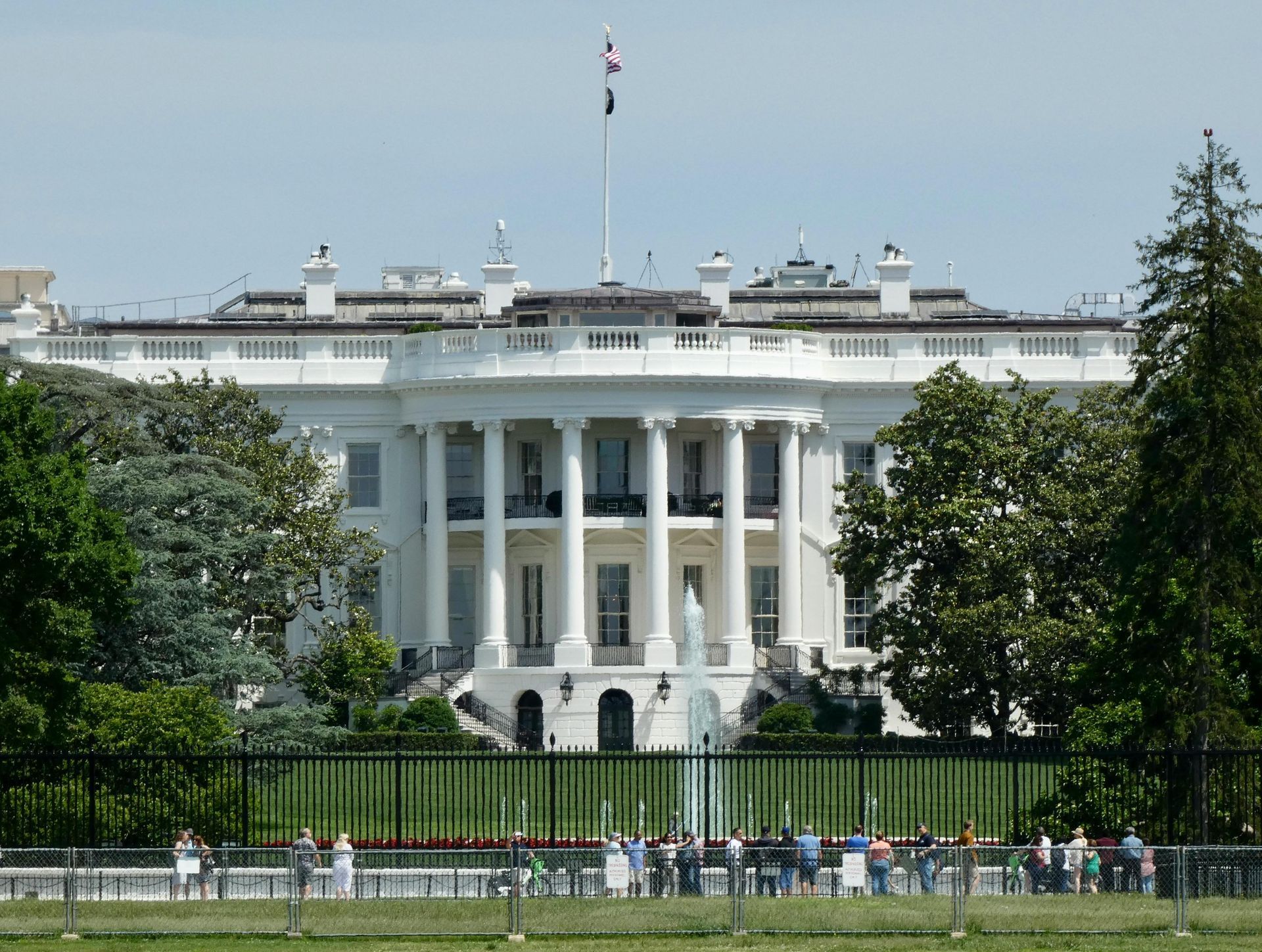Illinois Cannabis Training Center, Inc. 2021 Midwest Road Ste. 200 Oak Brook, IL 60523
Phone: Email: Social Media:
What Are the Terpenes in Weed?
What Are the Terpenes in Weed?

If you're new to the world of cannabis, you might have heard the word "terpenes" thrown around. But what exactly are terpenes, and why should you care? Let's dive in!
What Are Terpenes?
Terpenes are natural compounds found in many plants, including cannabis. They give plants their unique smells and flavors. Think of the smell of pine trees or the taste of citrus fruits—that's terpenes at work!
Why Do Terpenes Matter in Weed?
Terpenes do more than just make cannabis smell good. They can also affect how you feel when you use cannabis. Different terpenes can help you relax, feel more energetic, or even relieve pain. Knowing about terpenes can help you choose the right cannabis product for your needs.
A List of the Terpenes in Weed
- Myrcene
- Smell: Earthy and musky, like cloves or herbs.
- Effects: Relaxing and calming. Great for evening use.
- Found in: Mangoes, hops, thyme.
- Learn more: Myrcene on National Library of Medicine
- Limonene
- Smell: Citrus, like lemons or oranges.
- Effects: Uplifting and mood-boosting. Good for daytime use.
- Found in: Citrus fruits, juniper.
- Learn more: Limonene
- Pinene
- Smell: Pine trees, fresh and woody.
- Effects: Energizing and focus-enhancing. Good for staying alert.
- Found in: Pine needles, rosemary, basil.
- Learn more: Pinene
- Linalool
- Smell: Floral, like lavender.
- Effects: Relaxing and stress-relieving. Great for bedtime.
- Found in: Lavender, mint.
- Learn more: Linalool
- Caryophyllene
- Smell: Spicy and peppery.
- Effects: Pain-relieving and anti-inflammatory.
- Found in: Black pepper, cloves, cinnamon.
- Learn more: Caryophyllene on Leafly
- Humulene
- Smell: Earthy, woody, and spicy.
- Effects: Appetite-suppressing and anti-inflammatory.
- Found in: Hops, coriander, basil.
- Learn more: Humulene
- Terpinolene
- Smell: Fresh, piney, with a hint of floral and citrus.
- Effects: Uplifting and slightly sedative. Good for relaxation and reducing anxiety.
- Found in: Lilacs, nutmeg, cumin.
- Learn more: Terpinolene
- Ocimene
- Smell: Sweet, herbal, and woody.
- Effects: Uplifting and energetic.
- Found in: Mint, parsley, orchids.
- Learn more: Ocimene on Leafly
How to Use This Information
When shopping for cannabis, look for products that list their terpene profiles. This can help you choose a strain that fits your needs. For example, if you want to relax after a long day, look for strains high in myrcene or linalool. If you need a boost of energy, go for limonene or pinene.
Accredited Resources for Learning
To learn more about terpenes and cannabis, check out these trusted resources:
- Leafly: www.leafly.com - Comprehensive information on cannabis strains and their terpene profiles.
- Project CBD: www.projectcbd.org - Educational articles on cannabinoids, terpenes, and their effects.
- Cannabis Training University: www.cannabistraininguniversity.com - Courses and articles on cannabis industry topics, including terpenes.
- American Journal of Botany: www.amjbot.org - Scientific research on plant compounds, including terpenes.
- Medical Jane: www.medicaljane.com - Articles and guides on medical cannabis, including terpene benefits.
- Illinois Cannabis Training Center: www.illinoiscannabistrainingcenter.com - We focus on dispensary training in Illinois so you can use terpene knowledge to help customers choose great products.
Final Thoughts
Understanding terpenes can make your cannabis experience more targeted and enjoyable. So next time you're at the dispensary, ask about the terpenes in your weed. Your nose and your body will thank you!
Stay curious and happy learning!



Illinois Cannabis Training Center | All Rights Reserved









